 Perhaps you are pregnant or thinking of becoming pregnant, and you know other women who have given birth. One of the questions that may be on your mind is: “Is there a risk that I’ll get varicose veins during my pregnancy?”
Perhaps you are pregnant or thinking of becoming pregnant, and you know other women who have given birth. One of the questions that may be on your mind is: “Is there a risk that I’ll get varicose veins during my pregnancy?”
As varicose vein specialists in Tempe and Sun City, we have to tell you that the short answer to this question is “Yes.” But the longer, more complete answer is more complicated. It is a mix of both good news and bad news:
- Good News. If your legs and ankles are free from varicose veins before you become pregnant, chances are good that they’ll remain that way. 60-70% of pregnant women give birth without them occurring.
- Bad News. On the other hand, varicose veins do occur during pregnancy in 30-40% of women. That’s a pretty large percentage.
- Good News. Most of the visible varicose veins that appear during pregnancy go away naturally, within three months of giving birth.
- Bad News. If you develop varicose veins during your first pregnancy, the odds are that you will also develop them again during later pregnancies or see them persist between pregnancies.
- Good News. If you do develop varicose veins, the vascular experts at Comprehensive Integrated Care (CiC) can guide you on how to treat them effectively, both during pregnancy (with conservative methods like compression hose and healthy eating) as well as afterwards. Modern varicose vein treatment with CiC is gentle, safe, and doesn’t even require you to go to a hospital.
Why are varicose veins more prevalent during pregnancy?
Blame nature. The volume of blood in your veins increases when you are pregnant. This puts additional pressure on the vein walls, causing them to weaken. At the same time, your body is flooded with hormones that cause the veins to expand and the weight of the baby puts direct pressure on the largest vein in the body, called the vena cava. This vena cava distributes blood to all the other veins in your body, so there can be a “domino effect” of increased internal pressure on smaller veins in the legs and ankles. All of these factors increase your likelihood of developing varicose veins.
Should I seek treatment if I develop varicose veins when pregnant?
If you experience negative symptoms associated with the varicose veins, it’s a good idea to consult with a varicose vein expert at one of our CiC locations in Tempe and Sun City. Such symptoms can include leg pain, muscle cramps, swollen achy legs, skin itchiness near the affected veins, or restless leg syndrome (feeling of creepy crawlies in the legs).
If you have varicose veins and experience symptoms like this, CiC vein specialists can tell you whether or not you need treatment with a Vein Health Screening. Varicose veins are rarely considered a medical danger. In many cases you can minimize any discomfort by watching your weight, exercising regularly, elevating your legs, and wearing compression stockings. If you’re pregnant and don’t have varicose veins, your CiC doctors can recommend things that can reduce your risk of getting them.
If you develop varicose veins and they don’t go away after you give birth, more good news is that you don’t have to wait until you are finished having children to consider vein removal. In fact, having them removed may be helpful in preventing a recurrence of vein disease during future pregnancies.
So whether you are pregnant or just considering it, give our experts a call at 888-377-7122 or go online if you have any additional questions. Our talented team of vein specialists at our Tempe and Sun City locations are happy to answer them.
